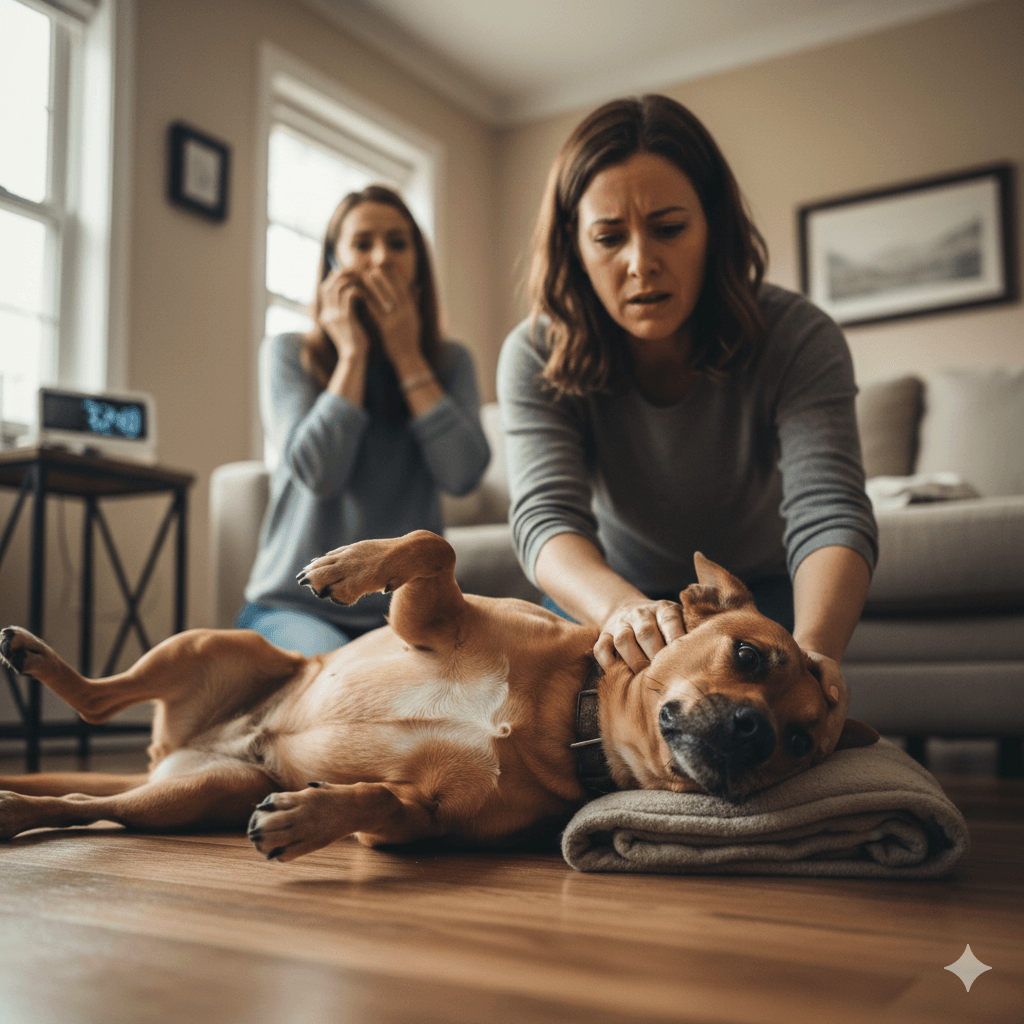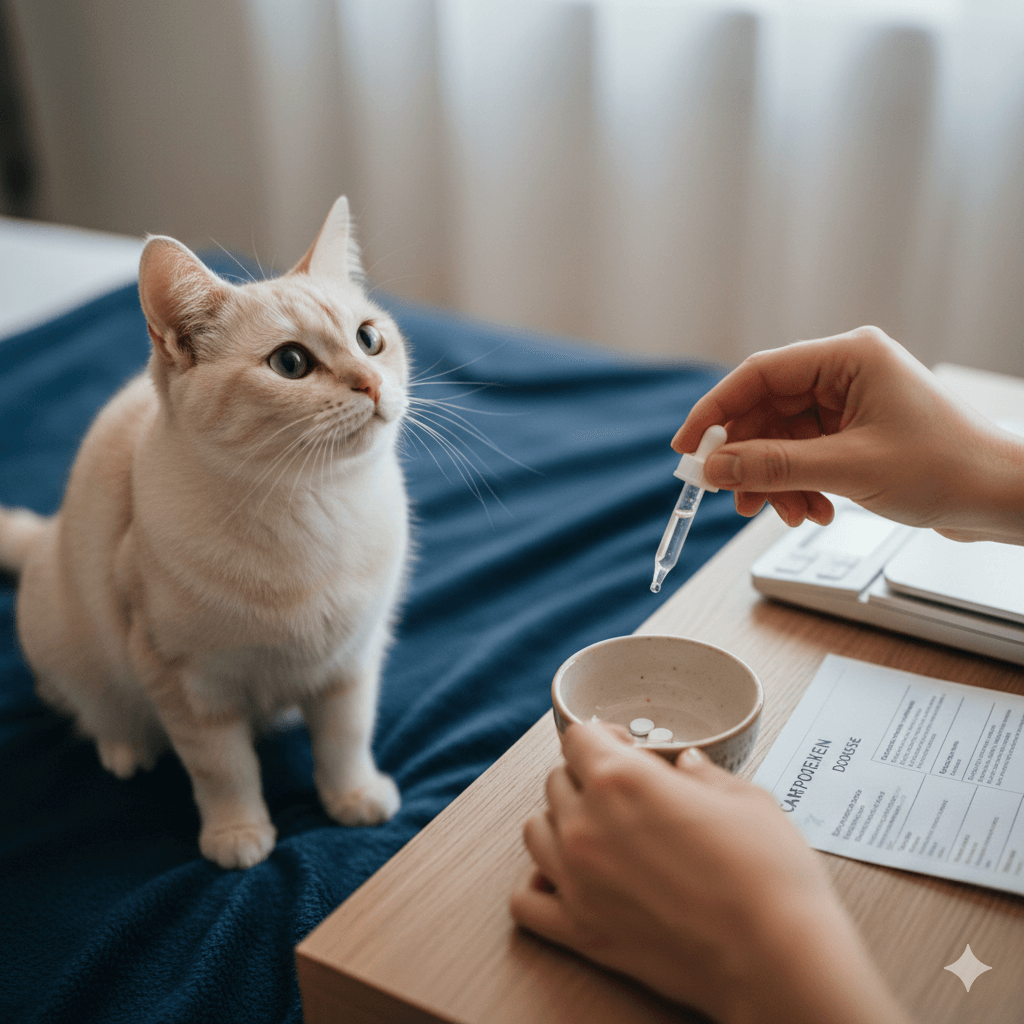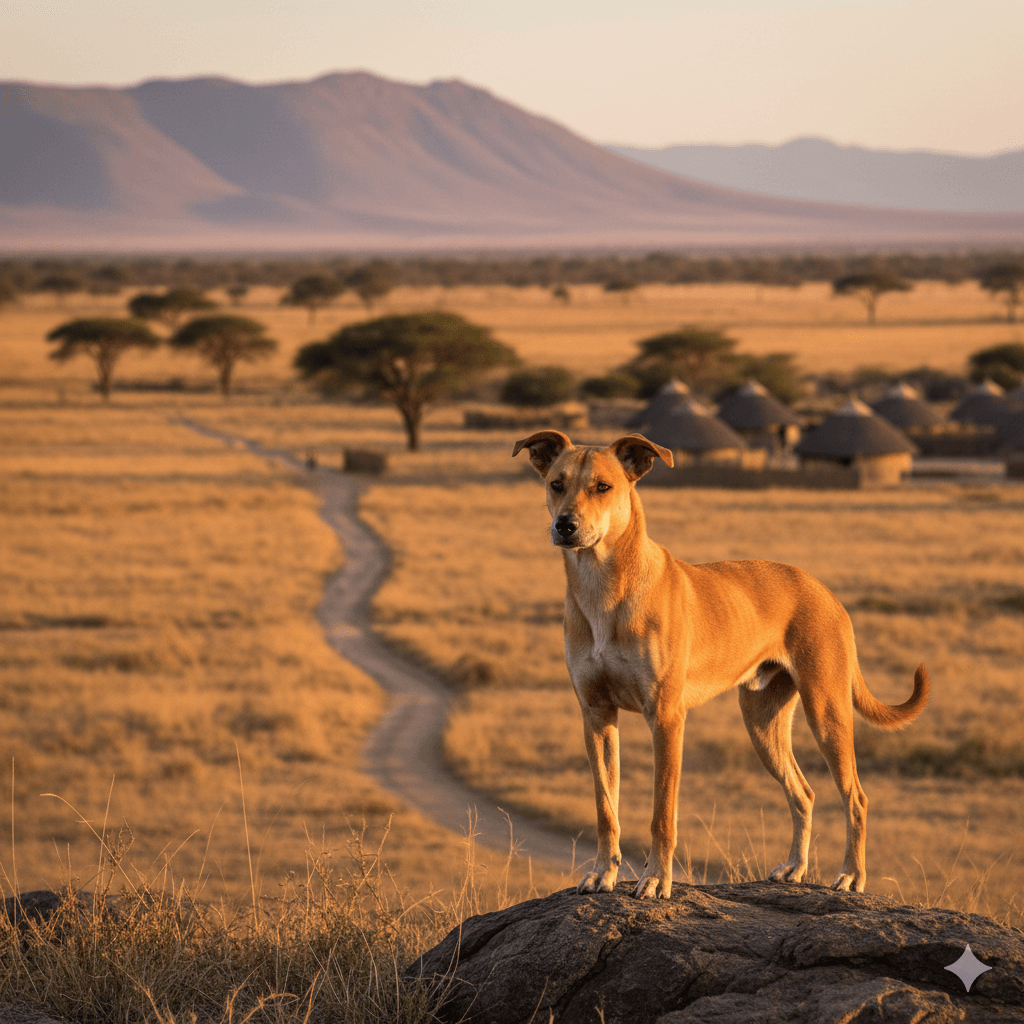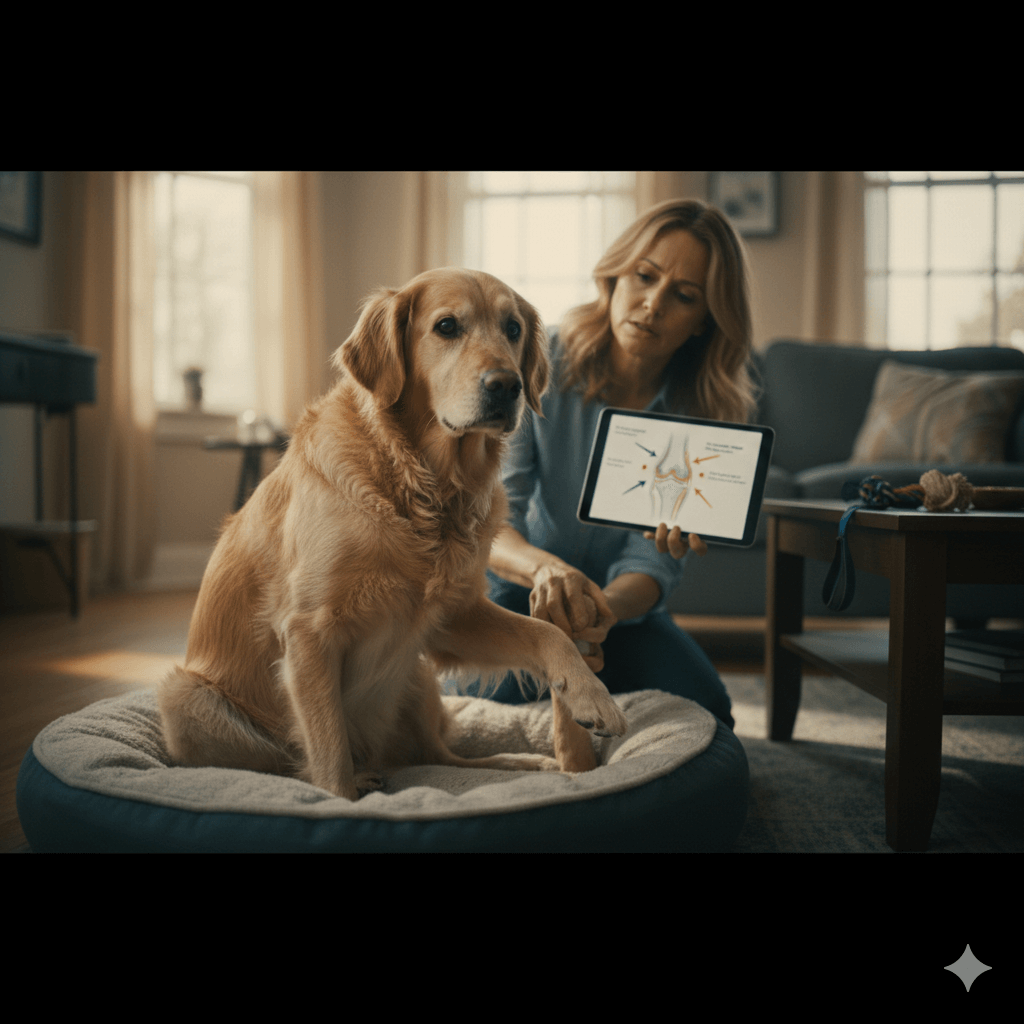My Dog Ate Goose Poop: What You Need to Know
It’s a scenario every dog owner dreads: you’re out for a walk, and suddenly your furry companion sniffs out something less-than-appetizing and gobbles it up before you can intervene. If your dog has eaten goose poop, you’re likely wondering whether this is cause for concern and what steps you should take next. While it’s not uncommon for dogs to indulge in questionable snacks during their outdoor adventures, understanding the potential risks and how to respond is crucial. In this blog post, we’ll explore everything you need to know about what happens when your dog eats goose poop, from health implications to prevention strategies. By the end, you’ll feel equipped to handle this unpleasant situation with confidence.
Potential Health Risks of Eating Goose Poop
While dogs are notorious for their curious and sometimes gross habits, consuming goose poop can pose certain health risks. Understanding these potential dangers will help you determine the appropriate course of action. Here’s what you need to know:
Bacterial Infections: Goose droppings may contain harmful bacteria like Salmonella or E. coli, which can lead to gastrointestinal upset in dogs.
Parasites: Geese often carry parasites such as giardia or roundworms, which can be transmitted through their feces.
Toxins or Chemicals: Geese living in urban areas may ingest chemicals or pollutants, which can concentrate in their waste and harm your dog.
Digestive Upset: Even if no serious pathogens are present, eating goose poop can still cause vomiting, diarrhea, or stomach discomfort.
Allergic Reactions: Some dogs may have sensitivities to foreign substances in goose droppings, leading to allergic reactions.
While not every instance of goose poop consumption will result in illness, it’s important to monitor your dog closely for any signs of trouble. Early intervention can prevent more serious complications.
Immediate Steps to Take After Your Dog Eats Goose Poop
If you catch your dog munching on goose poop, don’t panic—there are practical steps you can take to address the situation. Acting quickly can help minimize potential risks. Here’s what you should do:
Remove Remaining Poop: If there’s any leftover poop in your dog’s mouth, gently clean it out using a damp cloth or paper towel.
Offer Fresh Water: Encourage your dog to drink water to help flush out any harmful substances from their system.
Inspect Their Mouth: Check for any visible debris or irritation in their mouth and clean it if necessary.
Monitor Behavior: Keep an eye on your dog for symptoms like lethargy, vomiting, diarrhea, or loss of appetite over the next 24-48 hours.
Call Your Vet: If you’re unsure about the severity of the situation, consult your veterinarian for professional advice tailored to your dog’s health.
By taking these immediate actions, you can ensure your dog’s safety and reduce the likelihood of complications. Remember, staying calm and proactive is key.
Check this guide 👉Can Dogs Get Worms from Eating Cat Poop? Best 7 Tips!
Check this guide 👉How Much Pineapple to Give a Dog to Stop Eating Poop? Best 7 Tips
Check this guide 👉Why Do Dogs Eat Cat Poop? Best 7 Expert Tips!

Signs Your Dog May Be Sick | What to Do |
|---|---|
Vomiting or Diarrhea | Withhold food for 12 hours and offer water; contact your vet if symptoms persist. |
Lethargy or Weakness | Schedule a vet visit immediately to rule out infections or toxins. |
Loss of Appetite | Monitor for 24 hours; seek veterinary advice if they refuse food entirely. |
Excessive Drooling or Mouth Irritation | Rinse their mouth with water and inspect for injuries or foreign objects. |
Fever or Unusual Behavior | Take your dog to the vet promptly for a thorough examination. |
Preventing Your Dog from Eating Goose Poop
Prevention is always better than dealing with the aftermath of your dog eating goose poop. By implementing a few simple strategies, you can reduce the chances of this happening again. Here are some effective tips:
Leash Training: Keep your dog on a leash during walks, especially in areas where geese are commonly found, to maintain control.
Use Commands: Teach your dog commands like “leave it” or “drop it” to discourage them from picking up unwanted items.
Avoid High-Risk Areas: Steer clear of parks, ponds, or fields frequented by geese, particularly during migration seasons.
Provide Alternatives: Bring along toys or treats to redirect your dog’s attention away from goose droppings.
Regular Grooming: Clean your dog’s paws and coat after walks to remove traces of goose poop that could tempt them later.
With consistent effort, you can train your dog to avoid goose poop and enjoy stress-free outings. Prevention not only protects your dog’s health but also gives you peace of mind.
Common Reasons Dogs Eat Goose Poop
Dogs engage in coprophagia (the act of eating feces) for various reasons, and understanding why can help you address the behavior effectively. Here are some common explanations:
Curiosity: Puppies and young dogs are naturally curious and may sample unfamiliar scents or textures.
Nutritional Deficiencies: A lack of essential nutrients in their diet might drive them to seek unusual sources of nutrition.
Attention-Seeking Behavior: If your dog receives attention (even negative) after eating poop, they may repeat the behavior to get a reaction.
Instinctual Habits: Some dogs inherit scavenging instincts from their ancestors, who consumed anything edible to survive.
Boredom or Anxiety: Dogs left alone or without enough stimulation may resort to undesirable behaviors like eating poop.
By addressing the underlying cause, you can work toward correcting this habit. Consulting a professional trainer or veterinarian can provide additional guidance tailored to your dog’s needs.
Signs Your Dog May Have Eaten Something Toxic
If your dog has eaten goose poop, it’s important to watch for signs of toxicity or illness. While not all droppings are harmful, some may contain substances that could make your dog sick. Here’s what to look for:
Excessive Drooling: This could indicate nausea or irritation in their mouth or digestive tract.
Lethargy or Weakness: A sudden lack of energy may suggest poisoning or an infection.
Vomiting or Diarrhea: These are common symptoms of gastrointestinal upset caused by ingesting harmful substances.
Loss of Appetite: Refusal to eat can be a sign that your dog is feeling unwell.
Unusual Behavior: Restlessness, pacing, or whining may indicate discomfort or pain.
If you notice any of these symptoms, contact your veterinarian promptly. Early intervention can prevent more serious health issues and ensure your dog recovers quickly.
Tips for Training Your Dog to Avoid Poop
Training your dog to avoid eating goose poop requires patience and consistency. With the right approach, you can teach them to steer clear of this undesirable behavior. Here are some practical tips:
Use Positive Reinforcement: Reward your dog with treats or praise when they ignore poop during walks.
Practice “Leave It”: Teach this command specifically for situations where your dog might encounter feces.
Engage Their Senses: Bring toys or scented items to distract them from the smell of goose droppings.
Shorten Walks Initially: Limit time in high-risk areas until your dog learns to avoid poop consistently.
Be Consistent: Reinforce training regularly to ensure the behavior sticks over time.
With dedication and repetition, your dog can learn to resist the temptation of goose poop. Training not only protects their health but also strengthens your bond.
Ways to Keep Your Yard Goose-Free
If geese frequent your yard, your dog is more likely to encounter their droppings. Taking steps to deter geese can help reduce the risk of your dog eating goose poop. Here are some effective strategies:
Remove Food Sources: Ensure there are no open garbage bins or spilled birdseed that might attract geese.
Install Motion-Activated Sprinklers: These devices scare geese away without harming them.
Use Scare Tactics: Place decoys like predator statues or reflective objects to deter geese from settling in your yard.
Maintain Short Grass: Geese prefer open, grassy areas; keeping your lawn trimmed can make it less appealing.
Fence Off Ponds or Water Features: If you have a pond, fencing it off can prevent geese from gathering nearby.
By making your yard less inviting to geese, you can minimize the chances of your dog coming into contact with their droppings. A goose-free yard means fewer worries for you and your pet.
Frequently Asked Questions About Dogs Eating Goose Poop
Is it dangerous if my dog eats goose poop?
While not always dangerous, goose poop can contain harmful bacteria, parasites, or toxins, so monitoring your dog for symptoms is important.
Should I take my dog to the vet immediately?
If your dog appears healthy and shows no symptoms, you may not need to rush to the vet. However, consult them if you notice any concerning signs.
How can I stop my dog from eating goose poop?
Training commands like “leave it,” avoiding high-risk areas, and providing distractions can help curb this behavior.
Can goose poop make my dog sick?
Yes, it can cause gastrointestinal issues, infections, or parasitic infestations depending on the contents of the droppings.
What should I do if my dog vomits after eating goose poop?
Withhold food for 12 hours, offer water, and monitor their condition. Contact your vet if vomiting persists or other symptoms develop.
In Conclusion: Staying Prepared and Proactive
Discovering that your dog has eaten goose poop can be alarming, but with the right knowledge and actions, you can manage the situation effectively. From understanding potential health risks to taking preventive measures, being prepared ensures your dog stays safe and healthy. Remember, patience and consistency are key when addressing unwanted behaviors like coprophagia. By staying vigilant and maintaining open communication with your veterinarian, you can ensure your furry friend enjoys many happy, poop-free adventures ahead. After all, a little planning goes a long way in keeping your dog—and your peace of mind—intact.
Dog Seizure Symptoms: Best 7 Expert Tips! – Learn to spot signs, respond effectively, and manage seizures in dogs for a healthier, happier life.
Carprofen Dosage for Cats: Best 7 Expert Tips! – Learn safe dosing, risks, and alternatives to manage pain and inflammation in cats effectively.
Africanis Dog Breed: Best 7 Expert Tips! – Explore the resilience, loyalty, and adaptability of this ancient African breed, perfect for diverse lifestyles.
Cruciate Ligament Injury Symptoms in Dogs: Best 7 Tips! – Discover key signs like limping, swelling, and joint instability to ensure prompt treatment.





